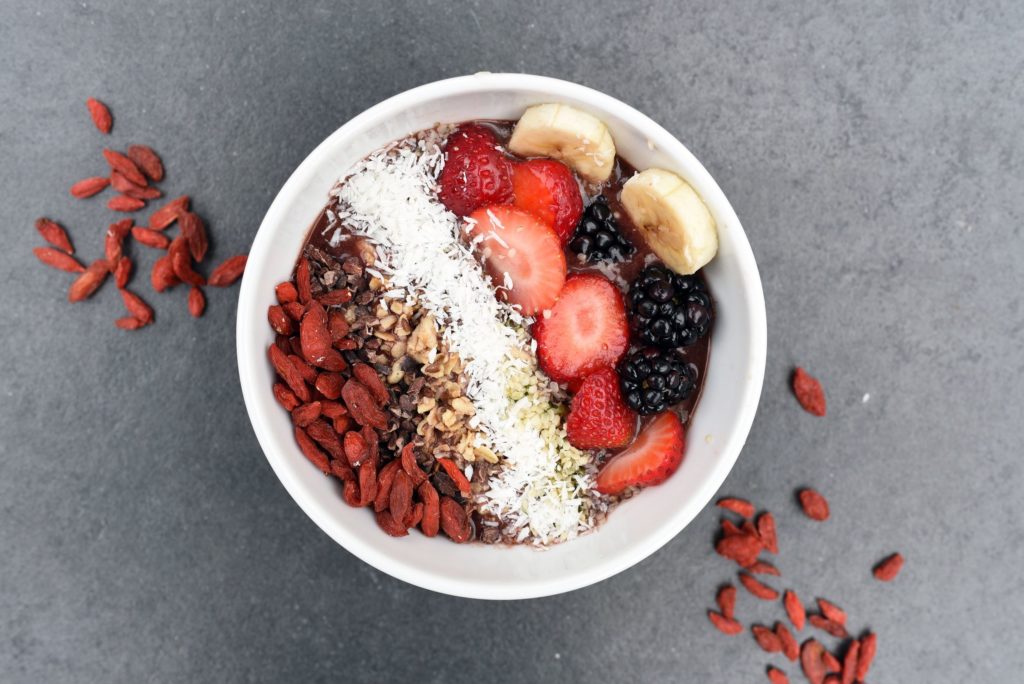Recently, there has been a lot of distressing worldly news. When I hear about these distrubing events, I find that my stress response gets activated and I become reactive. I feel powerless, sad and fearful at times. I realize that now is the time, more than ever before, to focus on keeping a calm mind. By doing so, I can continue to act from a place of love, peace and security instead of from a place of fear.
Stress is anything that upsets our mind and body’s equilibrium. Certainly, listening to the global reports of violence and tragedy qualifies as stress. Did you know however, that not all stressors are negative? Even positive events such as having a new baby or starting a new job can be just as stressful as dealing with illness or traumatic events.
So, how does it work? The perceived stressor causes your body to engage in a stress response. The stress response is an automatic response in our body that triggers a series of inflammatory changes in the body. The sympathetic nervous system is activated and a stream of hormones such as cortisol and adrenaline are released. Our heart beats faster, our muscles become tense, our blood pressure rises and we become alert. When this happens multiple times over and over again, it is difficult for our body and mind to settle down. Getting stuck in this “on” position can cause long term changes to our neurons and immune system, leading to chronic conditions like hypertension, cardiovascular disease, chronic fatigue, autoimmune disease and an upset in our mental health. There is not much you or I can do about the news on tv (other than turn it off), however, you can help support and strenthen your body’s ability to become more resilient and remain calm.
There are, of course, mind-body practices such as mindfulness meditation that you can do to reduce the stress response. However, did you know that you can also eat foods that help to calm your mind and body as well? Many foods have a direct effect on your nervous system, and help the body produce mood-stabilizing neurotransmitters.
Create your own natural “chill-pill” by adding the following stress-busting foods and nutrients to your plate.
1. B vitamins
Found in leafy greens, broccoli, lentils, organic pasture raised chicken, legumes, sunflower seads, nuts, barley, oatmeal, whole grains, organic asian mushrooms and salmon.
B Vitamins boost the immune system, help maintain regular blood sugar levels to keep energy and mood stable, are are essential for energy production. B5 also supports the adrenal gland and improves coping mechanisms.
2. Antioxidants
Found is spices such as cinnamon, ginger, turmeric, clove, and oregano. Also found in darkly colored fruits and veggies like blueberries, raspberries and tomatoes.
Antioxidants help reduce free radicals (toxic chemicals produced when under stress), which cause damage to the body and increase the aging process.
3. Omega-3 Fatty Acids and Healthy Fats
Found in fish such as salmon, tuna, sardines, trout, mackerel and halibut. Also found in nuts such as walnuts, cashews and seeds such as flax and pumpkin seeds. Nut and seed oils are also an important source of healthy fats along with avocado, olives and olive oil.
Omega- 3 fatty acids help nerve cells communicate well with each other. This supports good mental health. Healthy fats also help reduce cortisol (stress hormone) levels.
4. Magnesium
Found in sunflower seeds, sesame seeds, pumpkin seeds, salmon, shrimp, oysters, seaweed, avocado, almonds and brazil nuts. Also found in whole grains and leafy greens
Magnesium, sometimes called the original “chill pill”, is an important nutrient for assisting in the relaxation response. Our magnesium levels can drop, the more stressed we become.
5. Folate (also a B-vitamin)
Found in leafy greens such as collards, spinach, swiss chard and kale. Also found in avocado and asparagus.
Folate helps with nerve transmission, and production of “happy hormones” like serotonin.



